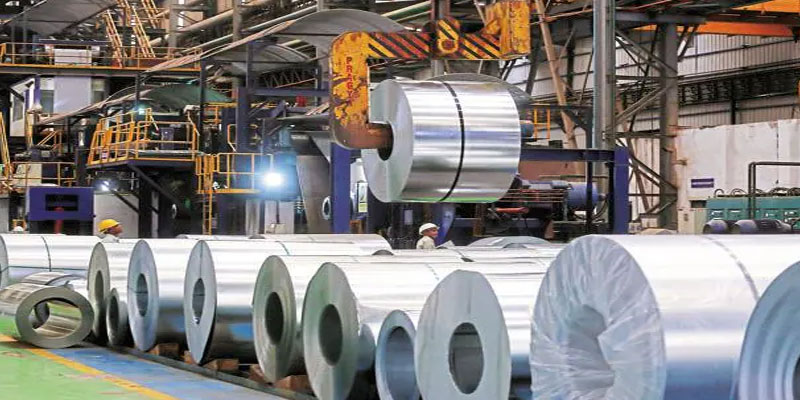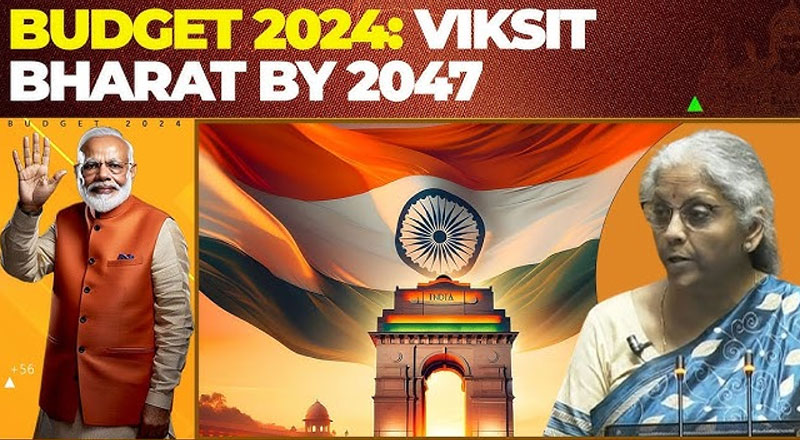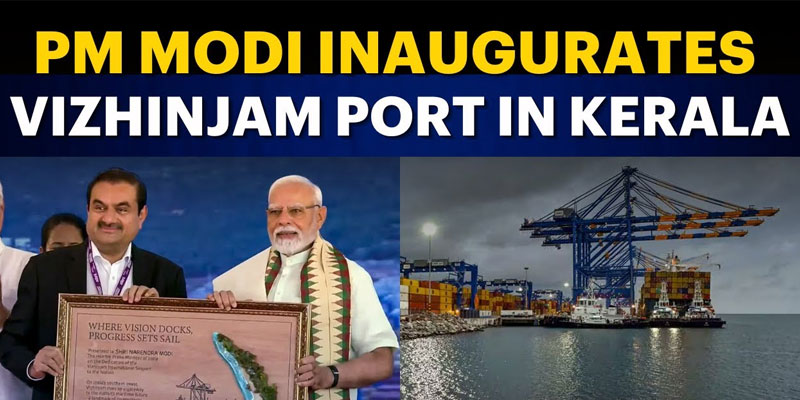New 12% Safeguard Duty Expected to Cool Surging Steel Shipments from Key Asian Suppliers
India is anticipating a slowdown in steel imports from China, South Korea, and Japan following the imposition of a 12% provisional safeguard duty earlier this week, a senior government official told Reuters. The move, effective for 200 days, is aimed at protecting domestic producers from a flood of cheap steel that has disrupted market stability and hurt local manufacturers.
A Response to Surging Imports and Industry Pressure
The decision comes in response to a dramatic increase in finished steel imports, which hit a nine-year high in FY2025, marking the second consecutive year of rising shipments. Much of this surge has been attributed to aggressive exports from Asian powerhouses—notably China, South Korea, and Japan.
India, currently the world’s second-largest producer of crude steel, has grown increasingly wary of its widening trade imbalance in this sector. The latest safeguard duty targets select finished steel products, and though temporary, it represents a firm stance from the Indian government to shield its domestic industry from what it views as unfair trade practices.
“South Korea, China, and Japan are the main exporters of steel, and imports from there should come down now,” the official said, requesting anonymity due to the sensitivity of trade negotiations.
Economic Implications and Industry Reactions
The safeguard duty is expected to stabilize domestic prices, support local steel manufacturers, and curb dependency on foreign suppliers. Over the past year, Indian producers have voiced concerns about margin pressure and inventory build-up due to cheaper foreign steel.
In FY2025, India’s finished steel imports stood at over 7 million tonnes, with more than 60% coming from the three Asian exporters. China led the influx, with volumes jumping nearly 20% year-on-year.
South Korean firms like POSCO and Hyundai Steel, major players in India’s steel supply chain, are reportedly opposing the move. While neither company has commented publicly, industry insiders say the safeguard duty could strain trade relations and lead to diplomatic pushback, particularly from South Korea, which enjoys a Comprehensive Economic Partnership Agreement (CEPA) with India.
A Balancing Act Between Protection and Global Commitments
While the new tariffs are expected to bring short-term relief to Indian steelmakers, the challenge for the government lies in balancing domestic priorities with international trade obligations. Safeguard measures may invite scrutiny from global trade partners and test the strength of regional economic partnerships.
As India works to become self-reliant in core industrial sectors, these moves underscore a broader strategy: support homegrown industries without closing the door to global commerce. Whether temporary or extended, the safeguard duty signals that India is willing to act decisively to protect its industrial backbone.
(With inputs from agencies)





